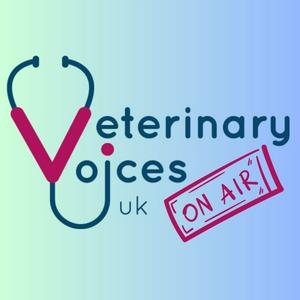In this Vet Voices on Air episode, Robyn Lowe hosts a powerhouse panel to unpack the brand new Animal Welfare (Import of Dogs, Cats and Ferrets) Act 2025 – the law many are calling the Puppy Smuggling Act, but which reaches far beyond puppies alone.
Featuring:
Dr Danny Chambers – Vet & MP, who brought the Bill through Parliament
Dr Sean McCormack – Vet, conservationist & presenter (ear cropping and welfare campaigner)
Dr Alison Skipper – Vet & Veterinary and Research Advisor, Royal Kennel Club
Cat the Vet – Vet, educator, welfare advocate & media commentator


